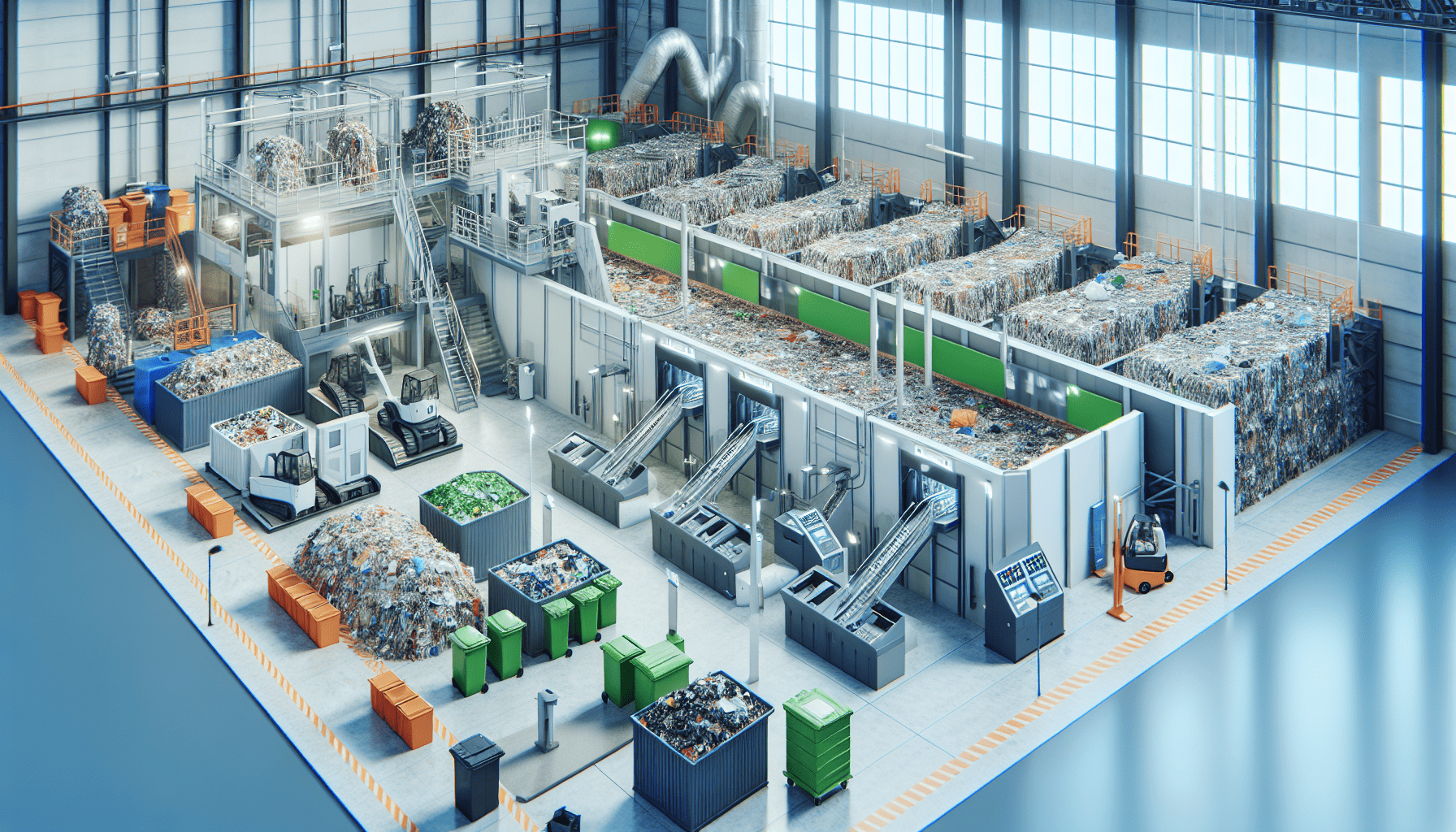In today's rapidly evolving world, efficient waste management is more critical than ever. With increasing urbanization and consumption, communities face mounting challenges in handling waste sustainably. Fortunately, innovative solutions are emerging, focusing on both sustainability and efficiency to address these pressing issues.
At the core of modern waste management strategies is the concept of sustainability. Gone are the days when simply disposing of waste in landfills was deemed sufficient. Today, there is a concerted effort to minimize waste generation and promote recycling and reuse. Communities are increasingly recognizing that responsible waste management is not just an environmental imperative but also an economic opportunity.
One of the key elements of efficient waste management is recycling. By transforming what was once considered waste into valuable resources, communities can reduce their environmental footprint and create economic opportunities. Innovative recycling methods are being developed, utilizing advanced technologies to sort and process materials more efficiently. For example, optical sorting machines can now distinguish between different types of plastics, making the recycling process more precise and effective.
In addition to recycling, innovative disposal methods are being tailored to meet the specific needs of different communities. Waste-to-energy technologies, such as anaerobic digestion and incineration with energy recovery, are gaining traction. These processes not only reduce the volume of waste destined for landfills but also generate energy that can be fed back into the grid, providing a renewable source of power.
Composting is another sustainable waste management practice that is gaining popularity, particularly in communities with a strong emphasis on reducing organic waste. By converting food scraps and yard waste into nutrient-rich compost, communities can support local agriculture and reduce the need for chemical fertilizers.
Furthermore, the success of efficient waste management solutions often hinges on the active participation of the community. Raising awareness about the importance of waste reduction and proper sorting is crucial for maximizing recycling rates and minimizing contamination. Educational campaigns and incentives can encourage individuals and businesses to adopt more sustainable practices.
Technology plays a vital role in enhancing waste management efficiency. Smart bins equipped with sensors can monitor waste levels and optimize collection routes, reducing fuel consumption and emissions. Moreover, data analytics can help municipalities identify patterns and make informed decisions about resource allocation and infrastructure development.
In conclusion, efficient waste management is a multifaceted approach that requires collaboration between governments, businesses, and communities. By focusing on sustainability and embracing innovative solutions, we can build a future where waste becomes a resource rather than a burden. As we continue to develop and implement these strategies, we pave the way for healthier environments and more prosperous communities.
